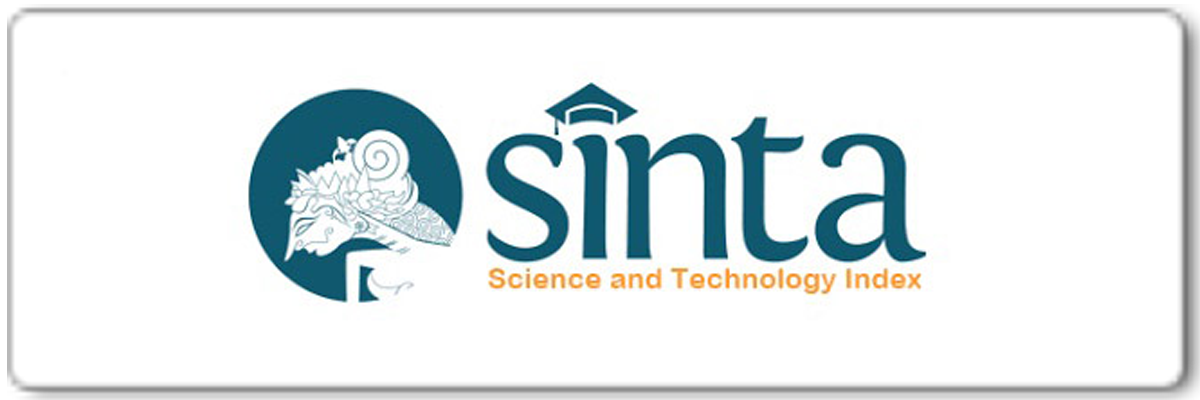THE APPLICATION OF RIDDLE GAME IN TEACHING SPEAKING FOR THE EIGHTH GRADE STUDENTS OF MTsN KEDUNGGALAR NGAWI IN THE SCHOOLING YEAR 2014/2015
Abstract
Riddle game is one of the good techniques in teaching speaking. The objectives of this research are to describe the application of riddle game in teaching speaking, identify the advantages, identify the disadvantages and identify the solution of disadvantages of riddle game.
The researcher uses descriptive qualitative research. The sources of data taken from participants, social situation and document. In this research, the researcher uses purposive sampling. To collect the data, there are observation, interview and documentation. Data validity is triangulation. The data are analyzed by using condensation, display the data, verification and conclusion.
The result of this research are (1) the application of riddle game in teaching speaking is divided into three steps: (a) pre-activities (b) whilst-activities (c) post-activities (2) The advantages of riddle game in teaching speaking makes the students active in learning process, happy, increase their vocabulary, able to pronounce some words well and confident to retell the story (3) The disadvantages: makes the class crowded and riddle game has limited time (4) The solution of disadvantages of riddle game is the teacher can manage the time well and able to control the students well in order to make a good atmosphere of the class.Keywords
Full Text:
PDFReferences
Bogdan, R., & Biklen, S. (2007). Qualitative research for education: An introduction to theories and methods (5th ed). Boston, Mas.: Pearson A & B.
Isbell, B., & Fernandes, F. (n.d.).The Otogenesis of Metaphor: Riddle Game among Quechua Speakers Seen as Cognitive Discovey Procedure,3(1), 19-49.
Lewis, J. (2012). Pro Lingua's Books / Dictation Riddles. Retrieved July 9, 2015, from http://www.prolinguaassociates.com/Dictation_Riddles/index.html. (2003). Practical English Language Teaching. New York: MC Graw Hill.
Sharndama, E., & Magaji, M. (2014).Morphology, Syntax and Functions of Kilba Folk Riddles,2(4), 1-12.
Sugiyono. 2013. Metode Penelitian Pendidikan. Bandung: Alfabeta
Article Metrics
Abstract has been read : 681 timesPDF file viewed/downloaded: 0 times
DOI: http://doi.org/10.25273/etj.v3i1.729
Refbacks
- There are currently no refbacks.
Copyright (c) 2016 English Teaching Journal : A Journal of English Literature, Language and Education
English Teaching Journal: A Journal of English Literature, Language and Education indexed by:
This work is licensed under a Creative Commons Attribution-NonCommercial-ShareAlike 4.0 International License.







